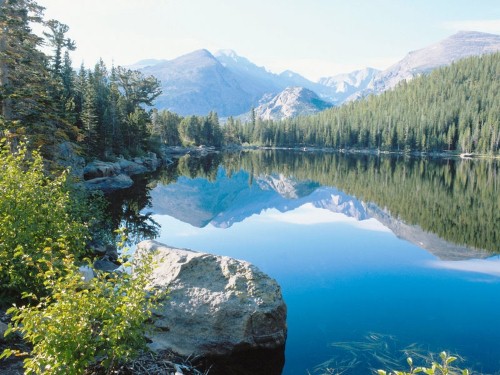As previously mentioned in this blog, western wildfires are at an extreme this year, and Colorado is no exception as the state is currently facing its worst wildfire season in a decade, according to MSNBC.
Colorado Springs was an area that saw one of the more recent fires spring up over the weekend, forcing evacuation orders for 11,000 residents and an unknown amount of tourists. The fire spread to more than five square miles on Sunday, after initiating just one day prior.
Fires close to Fort Collins were finally put under greater control this last week, but the northern Colorado tourist business has been adversely affected.
Jim Clark, executive director of the Fort Collins Convention and Visitors Bureau, said that the area is known for outdoor recreation, much of which is closed down due to the fires. Even so, there are many other things in town such as breweries and shops that stayed open. His office has also received many out-of-state calls, he said, asking about the smoke and fires and he fears that "there are some folks who would have visited us that probably will stay away."
Pat Legel, owner of Wanderlust Adventure Rafting in Bellevue, told NBC News he has already started to see the effects. Wanderlust offers trips down one of the most popular whitewater rivers in Colorado. Unfortunately, the fire cut off access to the river through the burn zone and rafting has been suspended since June 9.
"It'll be a survival season, if we can get back some time early July," Legel said. "If not, we'll have to maybe lay some people off and get a loan to carry us through next year."
All types of businesses and organizations, whether seasonal or year-round, should ensure that they are not only properly insured for natural disasters but that they have an up-to-date business continuity plan in place. This way, arrangements can be made in an the off-season or if business becomes unexpectedly slow.

